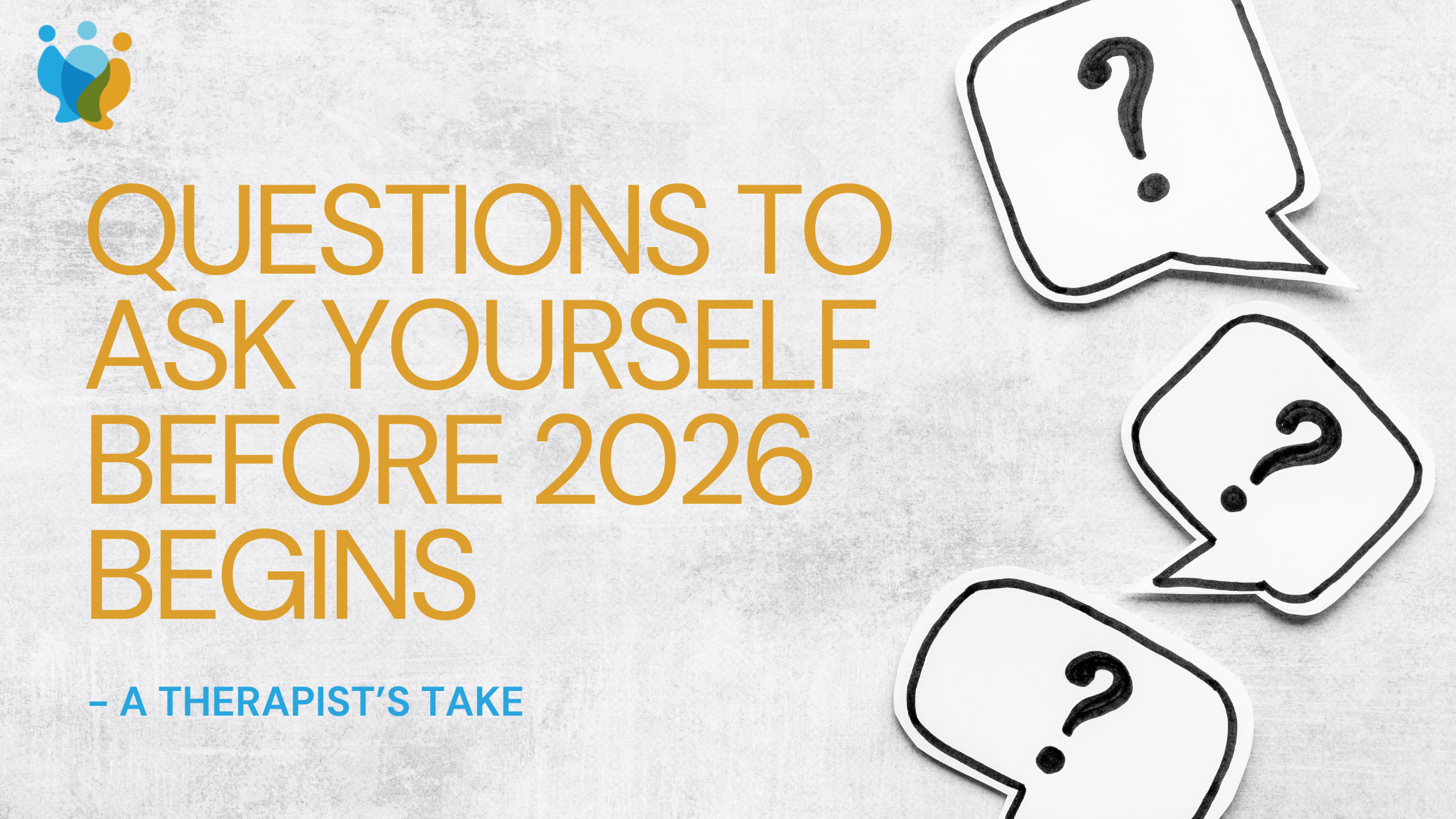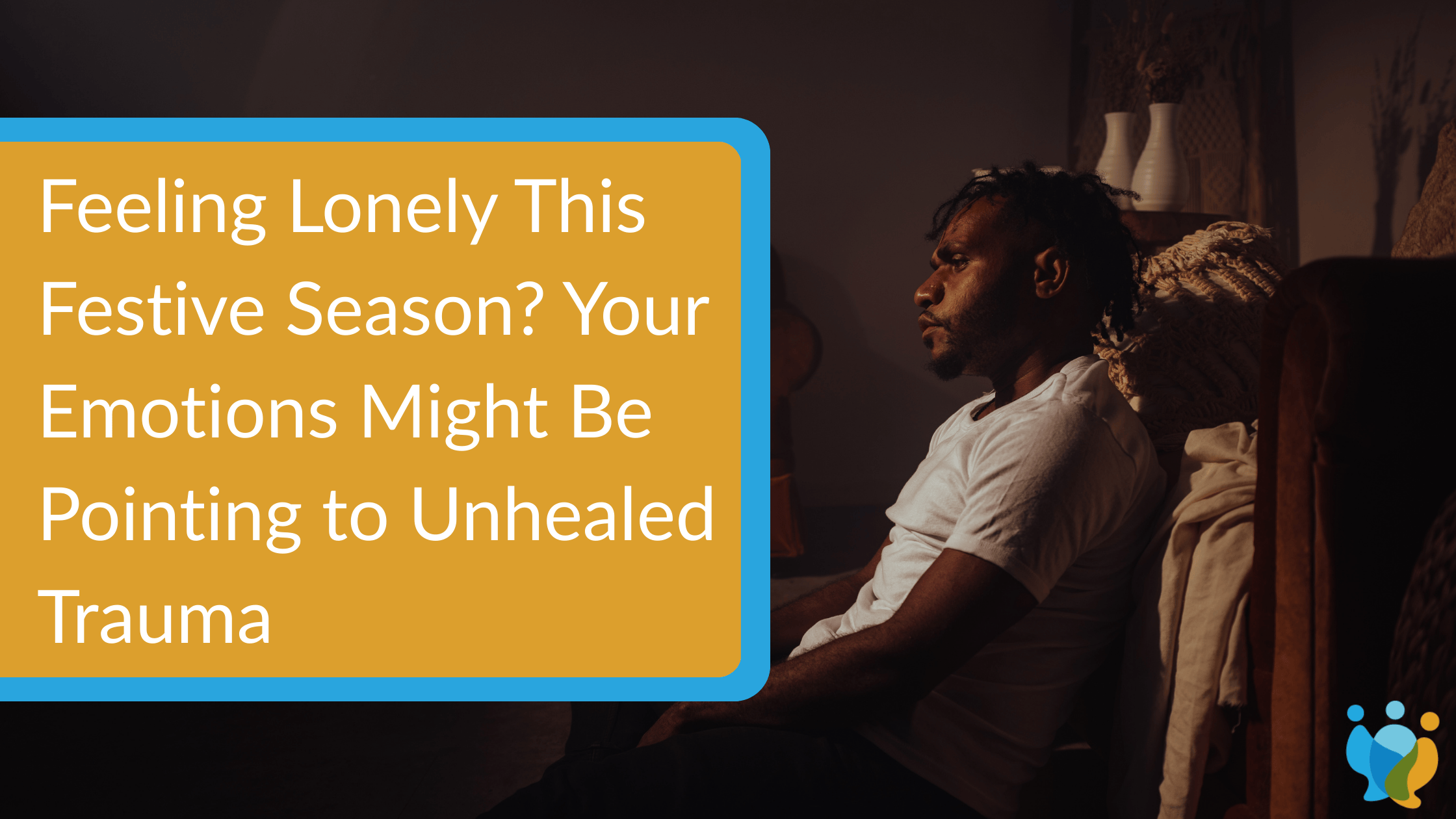Mental Health at Work

Mental Health at Work
In a perfect job-related world, you would have a boss who never annoys you or gives you unrealistic goals, co-workers who do not disagree with you or mess with your work, and a minimal workload that leaves you with hours to rest. Unfortunately, you live in an imperfect world with countless work challenges that can harm your mental health.
While some degree of stress is normal in every workplace, excessive and never-ending stress can lead to damaging mental health problems. For example, long working hours, heavy workloads, and endless pressure can lead to medical conditions caused by chronic stress, paralyzing anxiety, prolonged depression, or mental burnout.
Many people rarely make the connection of how their work environment negatively impacts their psychological health. Today, we will explore how your job contributes to poor mental health, the signs that follow, and recommend ways to improve your mental health.
The Cost of Job-Related Stress
Job-related or workplace stress can significantly affect your life physically and mentally. You may suffer from decreased mental well-being when you undergo constant pressure from your manager, are given impossible deadlines, and lack the needed support to function optimally. As a result, you may notice the following changes:
- You become irritable
- You feel mentally and physically drained
- You experience anxiety
- You are overwhelmed with sadness and hopelessness
In addition to the above changes, you may experience frequent headaches, stomach issues, and other physical symptoms. You’ll also become more prone to infections and colds because your immune system weakens.
People who do not address excessive job stress often turn to unhealthy coping mechanisms such as overeating, drinking, and smoking. The vicious cycle further damages your mental health, reducing productivity and absenteeism.
Related: Ways To Reduce Stress At Your Workplace
Signs Your Job Has Affected Your Mental Health
A study by Indiana University found that mental health and mortality are strongly related to job demands, the workload, and the level of autonomy a person has at their job. When these factors are out of the normal threshold, a person’s mental health deteriorates and has an increased likelihood of death.
To avoid getting to a state where it literally kills you, the following are the signs that your job has negatively impacted your mental health:
- Persistent depression or anxiety: if you are feeling anxious or depressed on most days before or after work, you could be having job-related stress.
- Irritability and mood swings: If you notice you are easily angered, irritated by the simplest things, and are moody, you could be having office-related stress.
- Chronic fatigue: If you feel exhausted due to long hours and being in a high-pressure work environment, your job could be affecting your mental health.
- Struggle to focus and concentrate: When you have stress, it is challenging to stay focused on the task, leading to decreased productivity.
- Social withdrawal: Being in a high-stress environment makes it hard to engage in and enjoy social activities.
- Change in sleep patterns: You may find it hard to fall asleep at night or have excess sleep.
- Loss of interest and passion: Losing interest in hobbies and things you love could mean your mental health is adversely affected by burnout.
Taking note of these signs is the initial step in addressing job-related mental health challenges. If you are experiencing more than two of the above symptoms, it is important to seek support from a mental health professional to help you prioritize your mental well-being.
Steps to Improve Your Mental Health at Work
After realizing your job is killing your mental health, you need to take steps to improve your psychological well-being and prolong your life. The following are recommendations that will assist you in getting your mental health back to a healthy level:
- Set relational and work-related boundaries. This will help you manage the tasks you have without being overburdened.
- Take breaks and maximize your leave days. Use the breaks to recharge and the leave days to rest. Do not engage in other energy-draining activities.
- Focus on tasks at work that help you reach your career goals instead of trying to please everyone around you.
- Make friends with supportive co-workers who will build and encourage you instead of burdening you with work or gossip.
- Practice relaxation exercises such as deep breathing, praying, meditating on God’s word, and taking short walks.
- Communicate your concerns with the management and brainstorm ways to improve the work environment.
- Consider a career or job change. If the work conditions do not improve, explore alternative job options or fields.
- Seek professional support. Talking to a mental health counselor can help you process and deal with the various challenges that have caused your mental health to deteriorate.
At Clarity Counseling and Training Centre, we offer professional, reliable, and effective counseling services in nairobi Kenya that assist our clients in overcoming work mental health challenges. Talk to us today, and let us prevent your job-related stress from killing your mental health.









